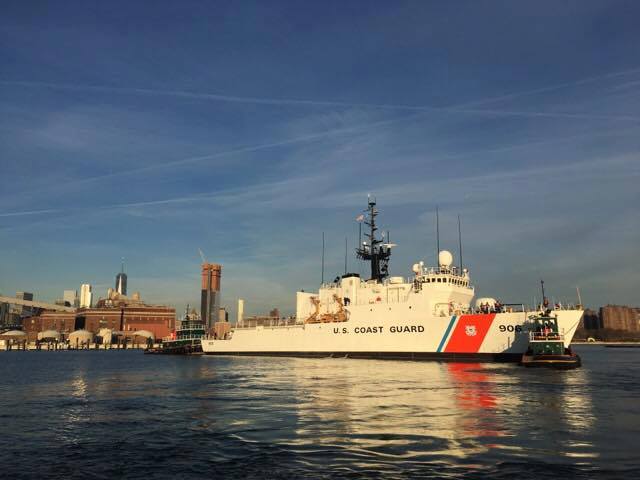Oh, please, Ron, give me a break. "Selfish boats causing problems for others." An alarm on your boat is not my problem, it's your problem. Shut it off, or live with it. Shut off your AIS receiver in clear weather in your harbor. You seem to have an expectation of some protocol, or supposed courtesy, that is not in alignment with the real world.
FWIW, "marine wireless" is not "a receive." Nor is radar, but different, to be sure.
If I'm anchored, i.e., "non-moving," or moored, but in heavy fog, mine will be on. It might help someone avoid hitting me.
FWIW, "marine wireless" is not "a receive." Nor is radar, but different, to be sure.
There you go, problem solved.On our chart plotters you can set the to not display vessels that aren’t moving, Ron.
Vessels that are required to have AIS are required to keep it on when anchored, or moored and getting underway: AIS on at least 15 minutes before getting underway.AIS sends your signal to many people who do not need to/want to see a non-moving boats- or worse yet boats sitting in their slips
If I'm anchored, i.e., "non-moving," or moored, but in heavy fog, mine will be on. It might help someone avoid hitting me.
Last edited:


